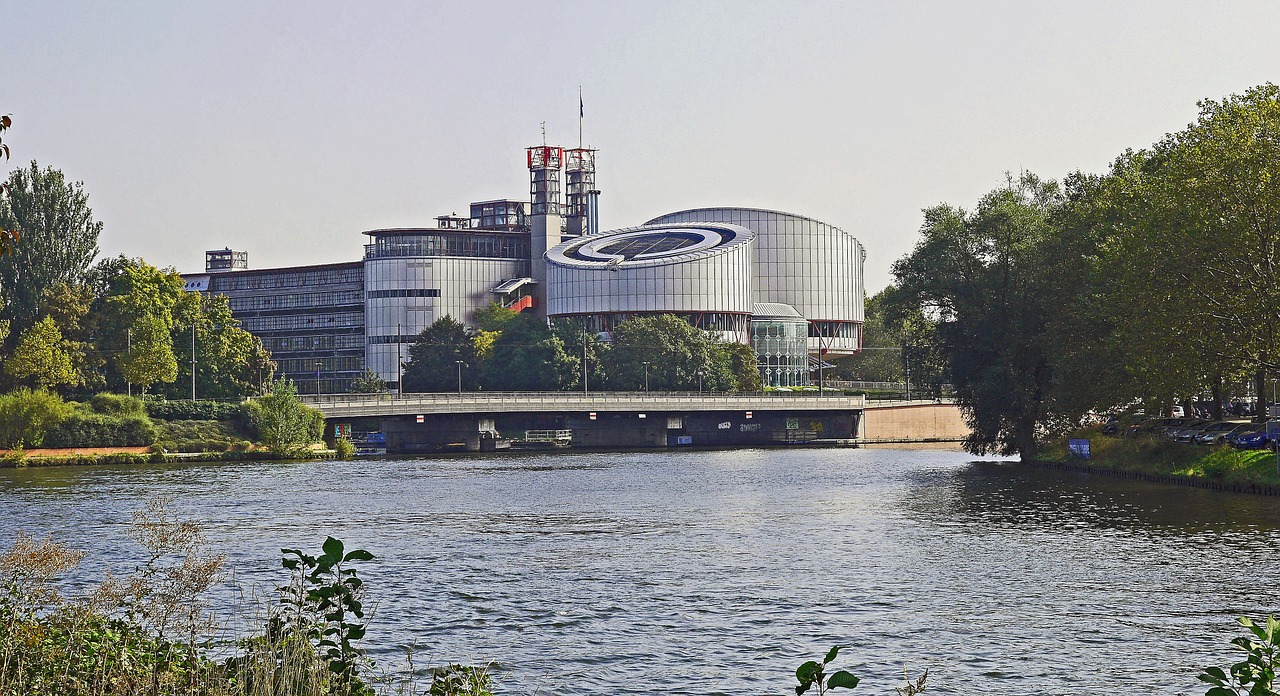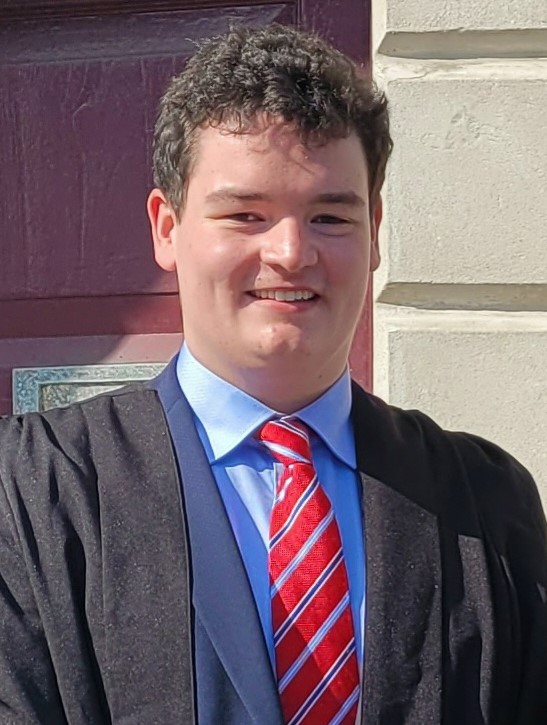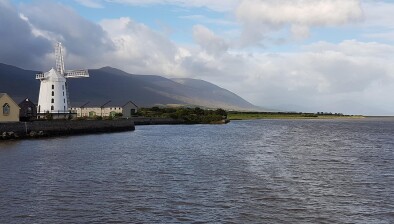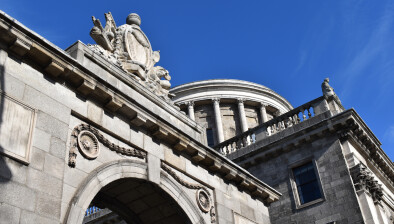Our Legal Heritage: Airey v Ireland

The European Court of Human Rights in Strasbourg
The European Court of Human Rights (ECtHR) gave judgment in the significant case of Airey v Ireland 43 years ago this Sunday.
The case was taken by the late Josie Airey who sought a High Court separation order from her abusive and alcoholic husband of around 20 years. However, Mrs Airey could not afford the high legal costs associated with such proceedings. Free legal aid was also not available.
Mrs Airey wrote to the European Commission of Human Rights about the situation in 1973. The Commission then gave her the necessary legal aid to pursue her case against the Irish government. A Dublin solicitor Brendan Walsh and then Senator Mary Robinson represented Mrs Airey. They asserted that the government was in breach of three articles of the European Convention on Human Rights.
In March 1978, the Commission found that Ireland had infringed the right to access to a court inferred from Article 6 of the Convention in the case of Golder v UK a few years earlier.
The ECtHR heard the case in February 1979. On October 9th that same year, the ECtHR deemed Ireland to be in breach of Articles 6 and 8 of the Convention. It said that the lack of free legal aid constituted an obstacle to the right to access to a court. At paragraph 25 of its judgment, the ECtHR held that the state had a positive duty to remove the obstacle.
The case had significant implications. Free legal aid was subsequently made available in family and other civil cases in Ireland. Additionally, the ECtHR stressed that the right to access to a court is not a theoretical right but rather one that must be guaranteed effectively.
The ECtHR did not go as far as to say that free legal aid schemes were required in each of the parties to the Convention. Recently appointed president of the ECtHR, Síofra O’Leary, indicated in 2021 that this was because the ECtHR “treads carefully when it comes to the social and economic consequences of its decision”. Requiring every party to the Convention to introduce a free legal aid scheme could place an economic burden on some of them.
Airey was ultimately a step in the right direction though. Professor of law at the University of Leeds, Nick Taylor, noted that the ECtHR “addressed the issue of ‘practical and effective’ access head on” in the case.
However, chief executive of FLAC, Eilis Barry, told the Chief Justice’s Working Group on Access to Justice in 2021 that “very serious and significant gaps” remain when it comes to legal aid.
Reflecting on the Airey case on its 43rd anniversary, we can see the progress that has been made but also recognise what more has to be done.











